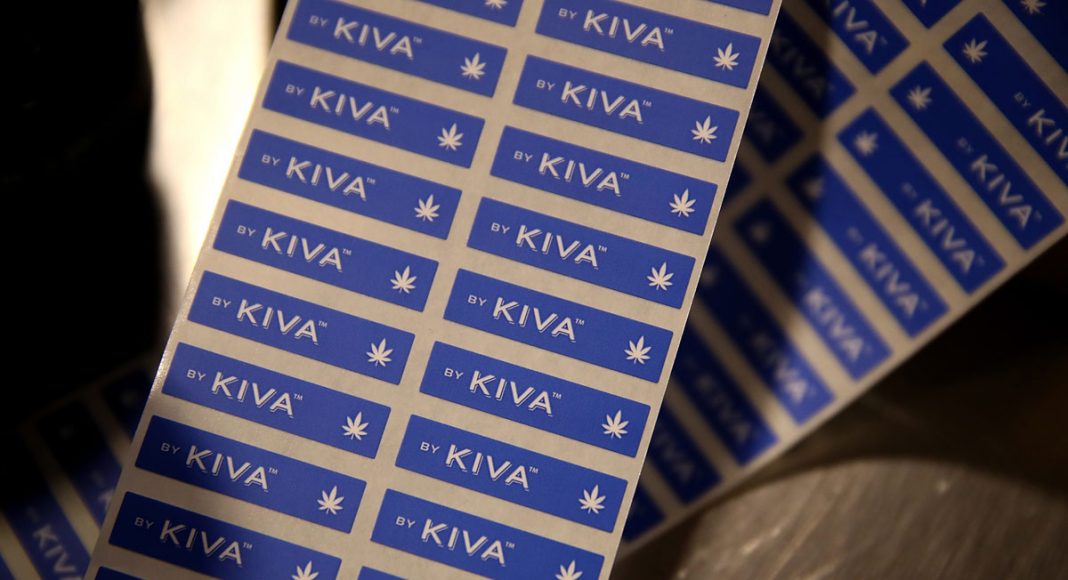Some of the first states to legalize marijuana, like Colorado, Oregon, and Washington, embrace the plant with open arms. Institutions in these states welcome anyone curious or invested in cannabis, while also providing the necessary nomenclature and systems for marijuana industries to succeed.
But not all states engage in such top-down integration. Florida is perhaps the most egregious example, where the state is fighting legal battles on various fronts because lawmakers remain antagonistic toward the plant despite a 71 percent majority of state residents approving medical marijuana back in 2016.
-
Related Story: Florida Governor Race Showcases ‘New Politics Of Cannabis’
What appears to be a more benign example of this lingering cannabis reluctance can be seen in Michigan. For example, did you know that the state still refers to marijuana as “marihuana” in all legal documentation? That’s because the state ascribes toward the Marihuana Tax Act of 1937 for its official proceedings. As you may know, the Marihuana Tax Act was unscrupulous legislation motivated by racially-motivated anxiety toward Mexicans—who smoked the “devil’s lettuce”— and the paper industry’s desire to phase out hemp. Though it would be later deemed unconstitutional in 1969 and repealed a year later, it birthed the Reefer Madness that we still feel today in Donald Trump’s White House.
So it’s kind of strange that Michigan defers so strongly toward that legislation. It’s an anachronistic spelling that virtually no one uses. Even those who reference the 1937 law today usually spell it with the modern spelling as the Marijuana Tax Act.
“As governing state laws spell marihuana with an ‘h,’ communication from BMMR (Bureau of Medical Marijuana Regulation) in relation to the Medical Marihuana Act or facility licensing and the applicable administrative rules will use an ‘h’ in the spelling of Marihuana,” the Michigan Department of Licensing and Regulatory Affairs said in a statement to the Detroit Free Press.
But wait, that’s not all. In what appears to be a first, medical marijuana retailers can’t officially call themselves “dispensaries.” They also can’t brand themselves as a “pharmacy,” “drugstore,” or “apothecary”. Only specific people who meet the qualifications under Part 177 of the Michigan Public Health Code can use those terms. Instead, LARA has ordered medical marijuana retailers to rebrand as “provisioning centers.” How sexy is that?
“The term ‘provisioning center’ includes any commercial property where marihuana [sic] is sold at retail to registered qualifying patients or registered primary caregivers,” LARA posted in its advisory bulletin. (There’s that “marihuana” spelling again.)
Again, this appear benign on the surface. But it’s another example of prickly attitudes state governments can embody when the people vote for medical marijuana. It reminds one of a boy taking his ball and going home after losing a kickball match. Of course, the state can stop the residents from using these terms, but it’s certainly a bureaucratic intrusion if we’ve ever seen one.


